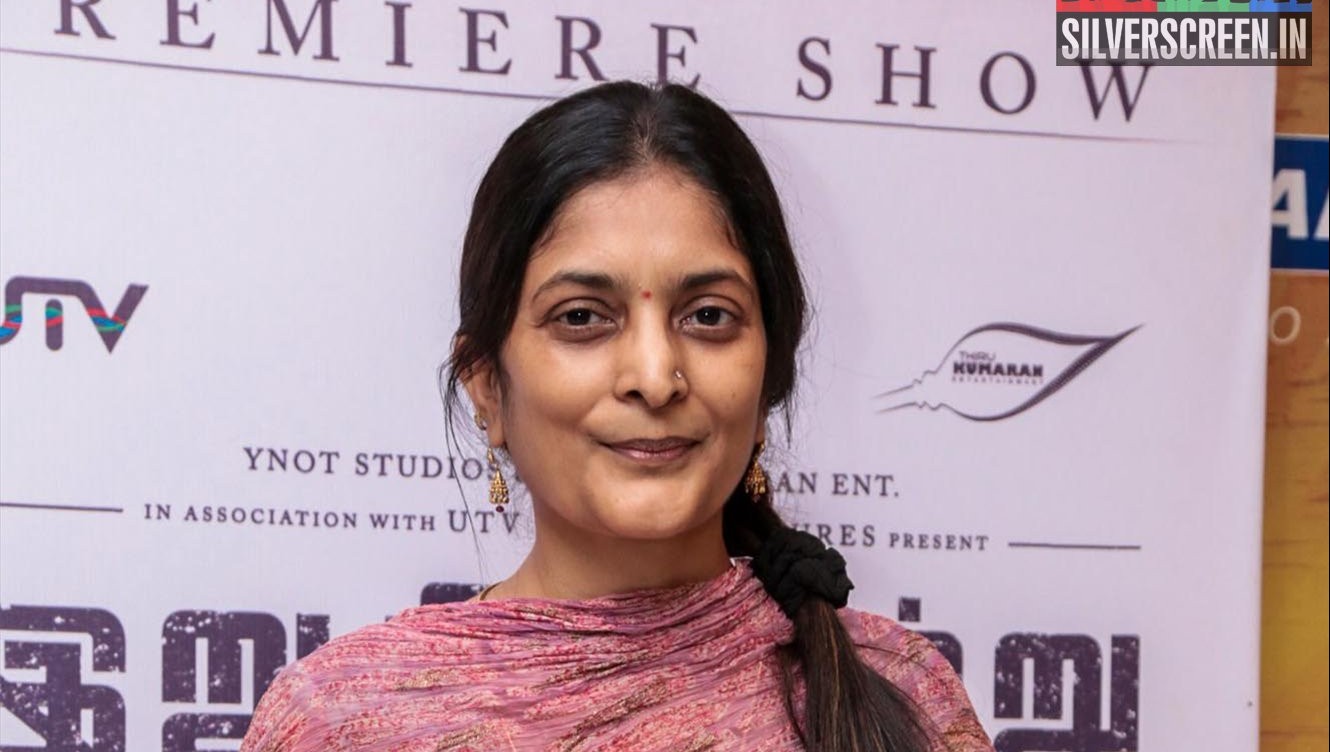Jio MAMI, the 17th edition of the Mumbai Film Festival opened on 29th October, and will go on till 5th November. A festival that brings together ‘the latest independent cinema–art house fare alongside genre movies from Bollywood and Hollywood and cult international movies’. A unique cinematic event where ‘Aamir Khan, Quentin Tarantino, Zhang Yimou and Rajinikanth would all feel equally at home’. With a signature tune composed by maestro AR Rahman. In a ringside view of the festival, as he wanders in and out of theatres and worlds, we bring you the Jio MAMI Diaries, daily reports by Aditya Shrikrishna, writing live from Mumbai.
By Aditya Shrikrishna
When do you know a film festival has hit the ground running? When there’s a little bit of chaos and a whole lot of excitement in the air. A city like Mumbai is always going to be a turbulent location for a film festival. Do you pack everything into what was originally the Bombay town? Or do you spread it across the city? Earlier, everything was clubbed around that small area. But now, almost every film has a screening in five locations across the city.
When I sat down for my first screening at the fest – Francofonia by Alexander Sokurov – I could hear snatches of conversation. About how it was a hassle to get from one part of the town to another, because the schedule for two films you absolutely didn’t want to miss were location-clashing. The conversation ended on a positive note: at least this way it’s accessible for everyone. There’s a curious choice of words. “We’ll hit X then we’ll hit Y”. X and Y being the chosen films. Hit is it? Looks like we’re playing Battleship this week.
*****

Francofonia
Then there is Napoléon Bonaparte himself. Still full of himself, still talking about his plunder and what drove him towards historic artifacts. Sokurov builds on this theme of art as the central justification for wars. And how two people, a French museum director and a German war commander, come together in subtle ways to preserve the museum during the Second World War.
Time bends in Francofonia and this is also that narrator, Sokurov’s doing. We see him trying to contact a captain in the seas (Dirk), but the connection repeatedly breaks. The captain is caught in a storm, carrying museum artifacts on his ship. Dirk seems to belong to a different era. Sokurov is trying to reach him from a computer. There is archival footage, and there is history recreated, while Sokurov has fun with aspect ratios. He films the interiors of Louvre with a childlike affection. There are helpful tourists, of all sizes, placed strategically so we can see the scale of the magnificence inside.
Francofonia is rewarding and moving. Sokurov’s healthy disregard for that other symbol of France, the Eiffel tower, is conspicuous. For him, it’s all about the Louvre.
*****

heavenly_nomadic
The cinematography is exquisite, capturing a family living in a sun-kissed valley with their horses. Whenever things become intense, there’s a burst of humour, usually provided by the little Umsunai, performed wonderfully by Jibek Baktybekova. And the camera stays still. Heavenly Nomadic doesn’t explore any of its central themes as extensively as it could have. Just like the problems of its protagonists, it chooses to deal with everything at a micro level. Art-lite all right.
*****
A nomad is what becomes of Dr. Srinivas Siras (Manoj Bajpai) in Hansal Mehta’s Aligarh, the festival opener (although, not quite that, as the screening was held well after shows in other theatres had begun). Dr. Siras is suspended from his position at the Aligarh Muslim University for his sexual orientation. After his allotted quarters are taken away, he moves to a different house, then a hotel, and then elsewhere again. None of the people who drive him out give him a straightforward reason. Aligarh is a powerful film and an important one, even if it is rough around the edges. Mehta stops short of making the character melodramatic or overly sympathetic to us by colouring him with a tinge of black humour. When asked about the court case, Dr. Siras says they’re boring. He says it was a good decision to not commit suicide, because now at least he can have a drink.

aligarh-hansalmehta759
The court scenes are written at a pitch that conflicts with the tone of the rest of the film. Here too, Mehta isn’t the judge. He films the case with a focus on the judge’s seat, and it is we who inhabit that seat. While Bajpai’s performance is the strength of Aligarh, Rajkummar Rao’s Deepu Sebastian is a little too generic. There is noise all around him, either from the motor in his paying guest room, or from the media he’s a part of, which wants to make stories about human lives into sex scandals. Towards the end, Sebastian is told something in a tone that jars with the rest of the film.
Aligarh deals with a sensitive topic, especially in the current political climate. The 2009 Delhi High Court reading down of Section 377 as unconstitutional is an important device in the Siras case. The film gets ready for its mainstream release only two years after Section 377 was upheld by the Supreme Court of India.
*****
Feature Image Courtesy: Jio MAMI Film Festival



